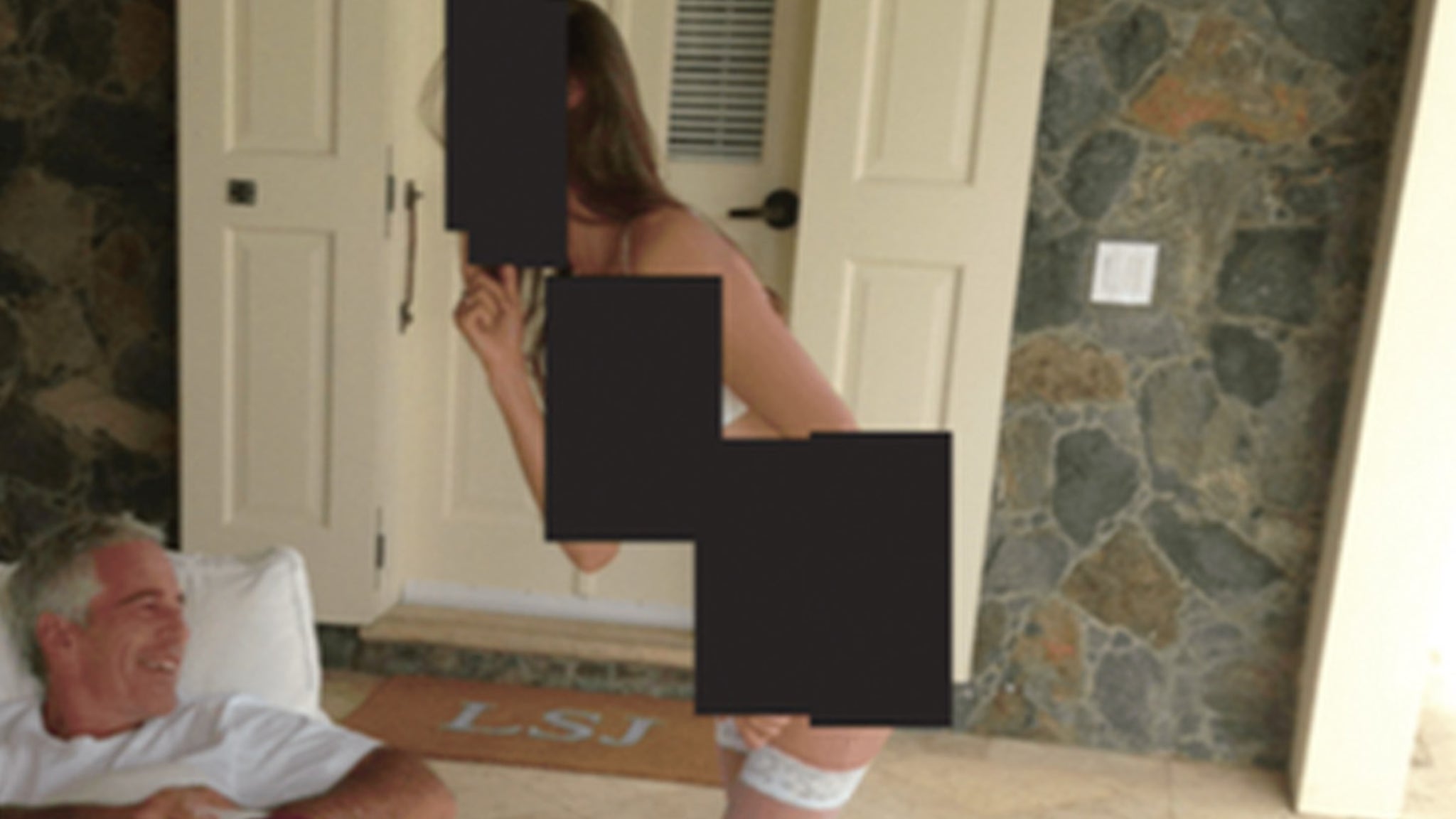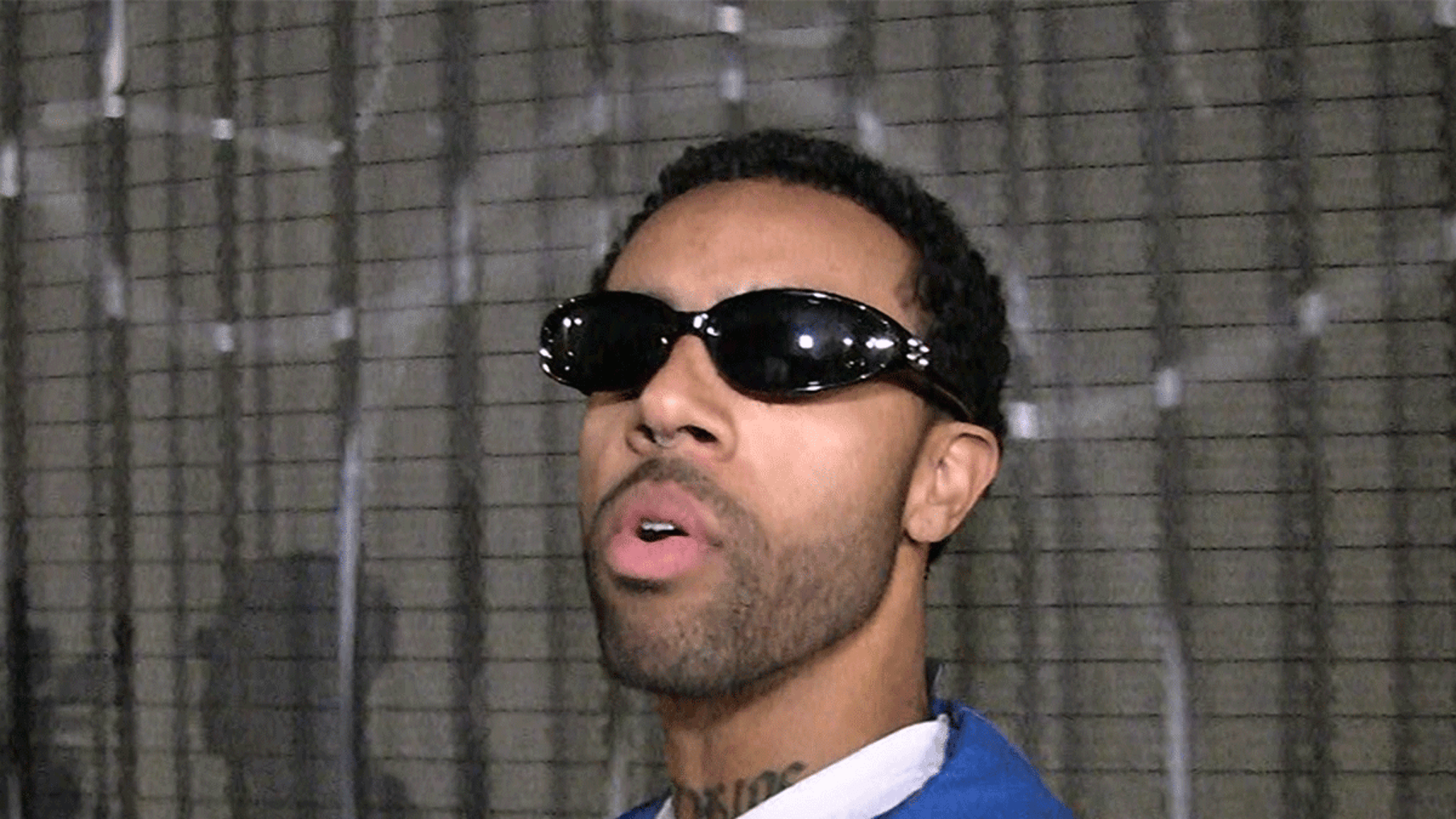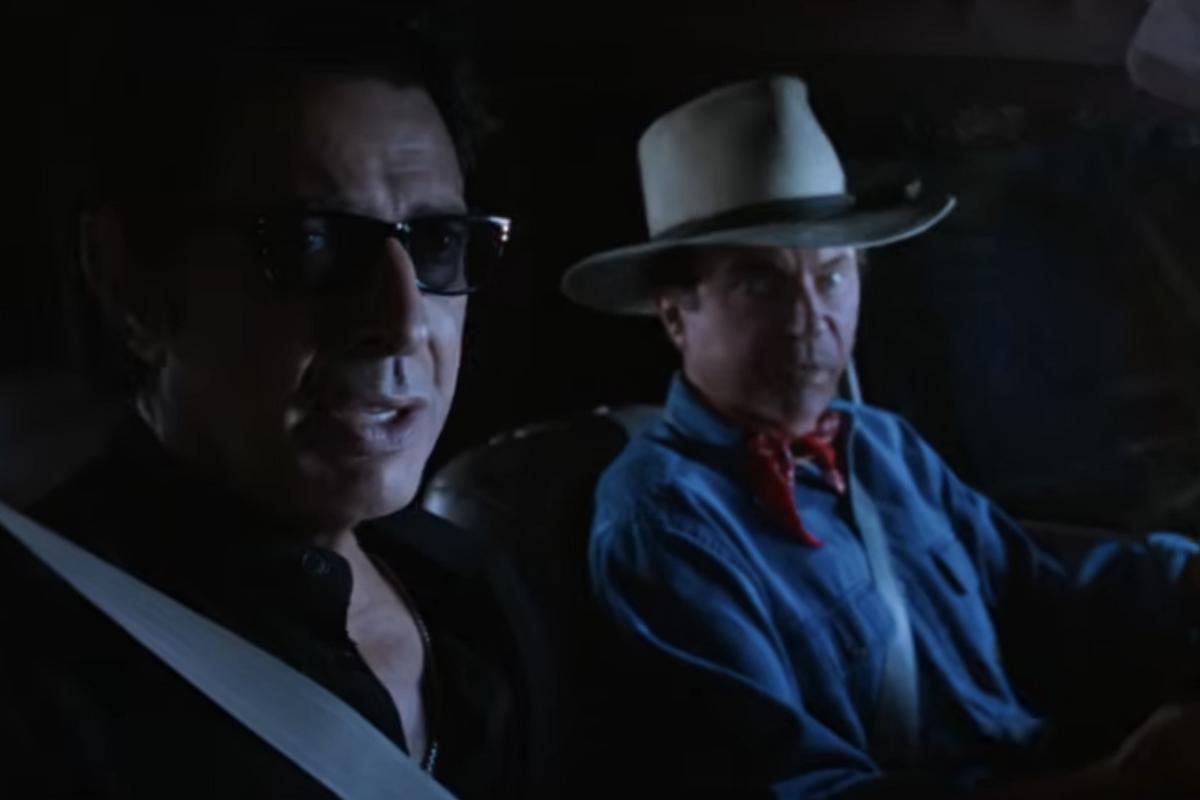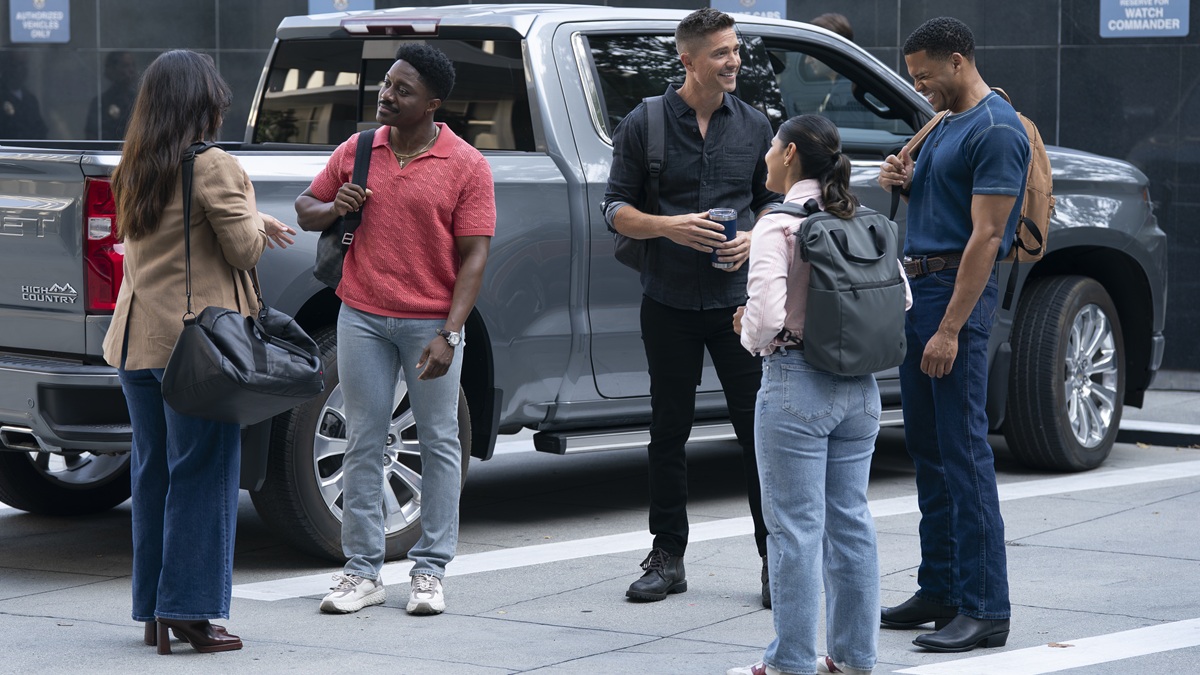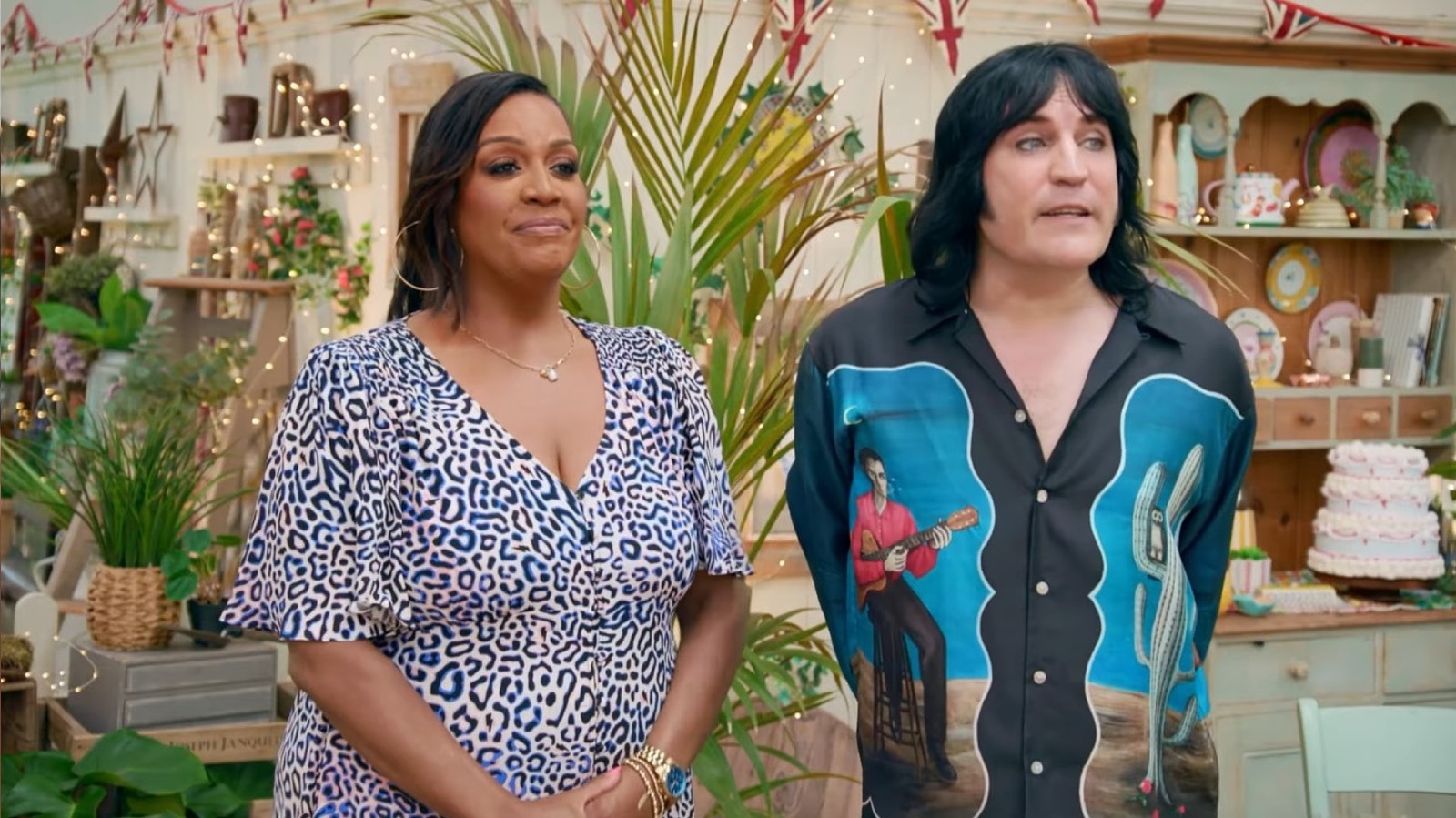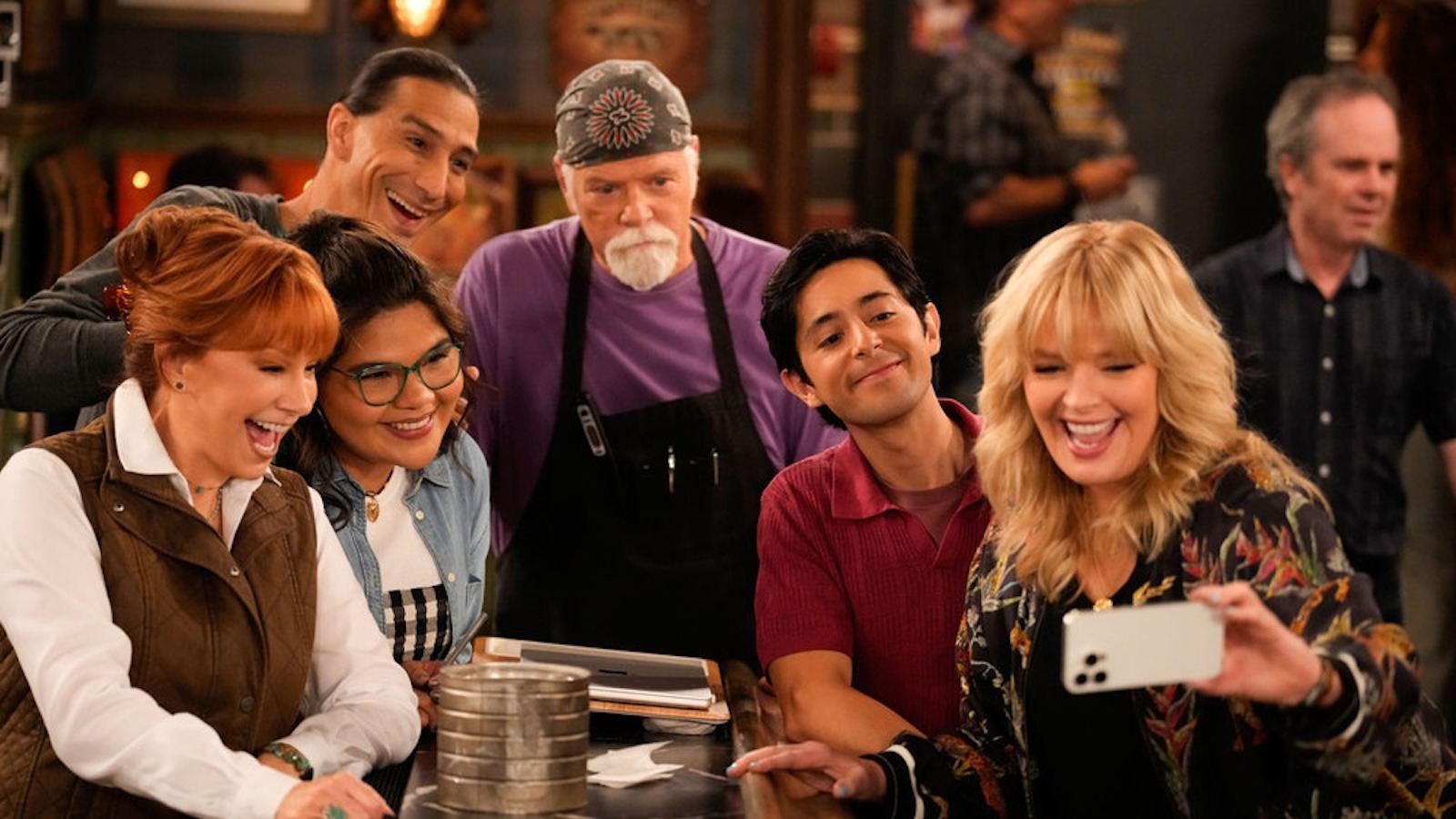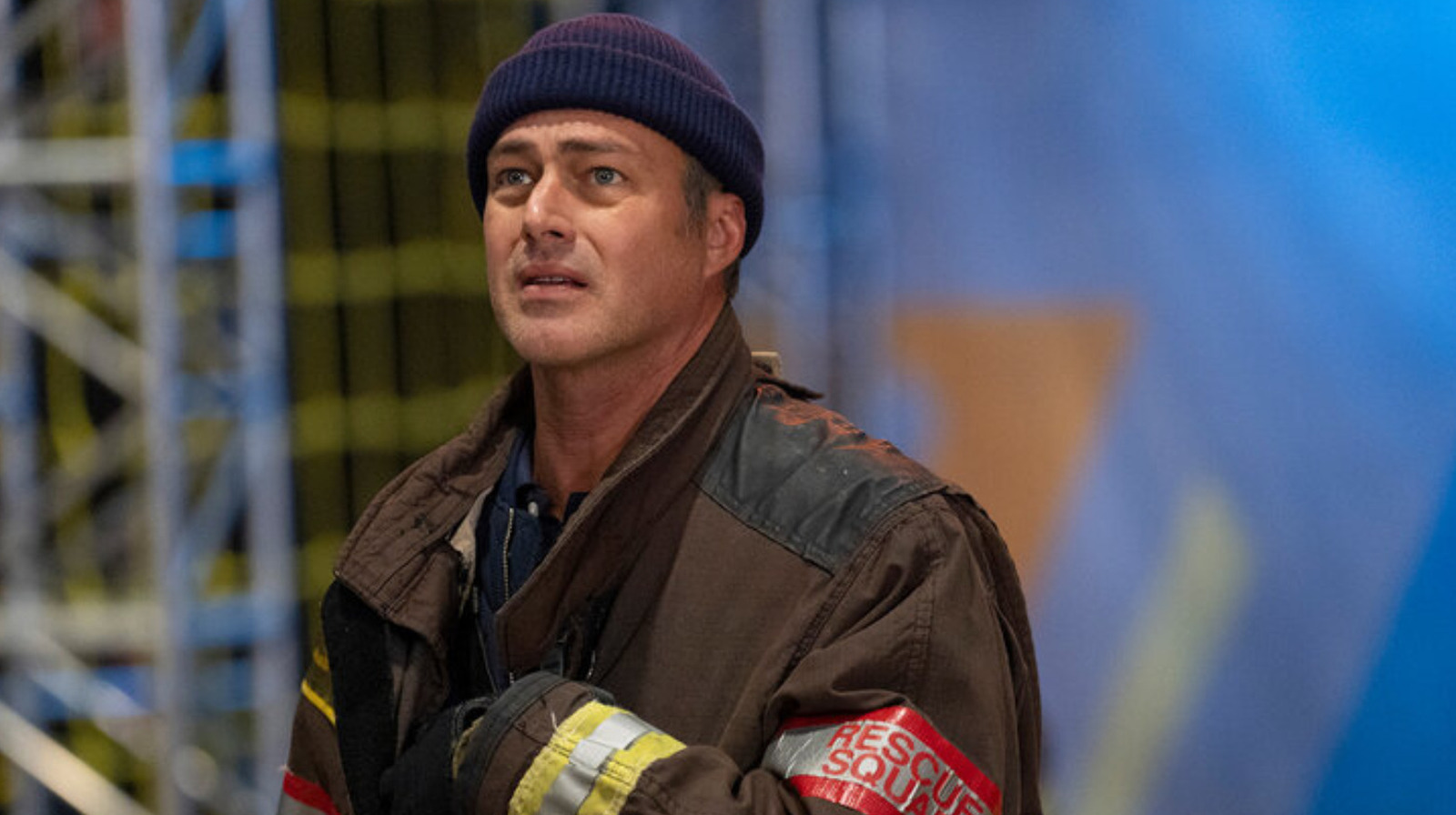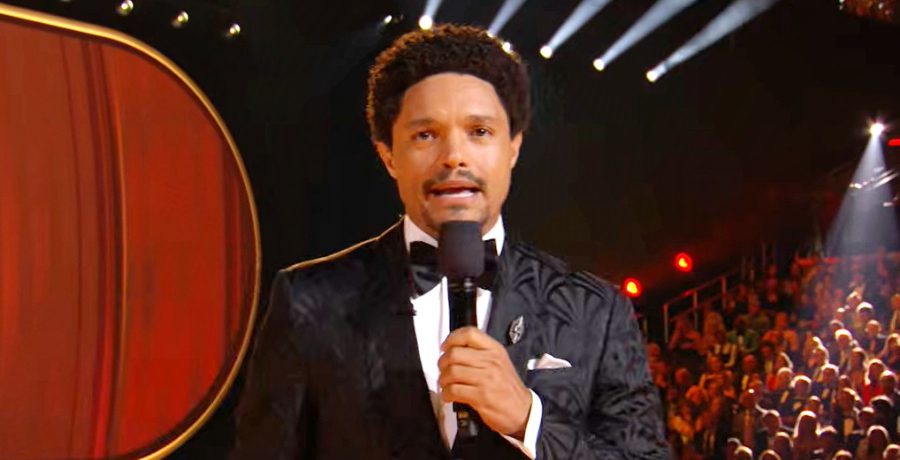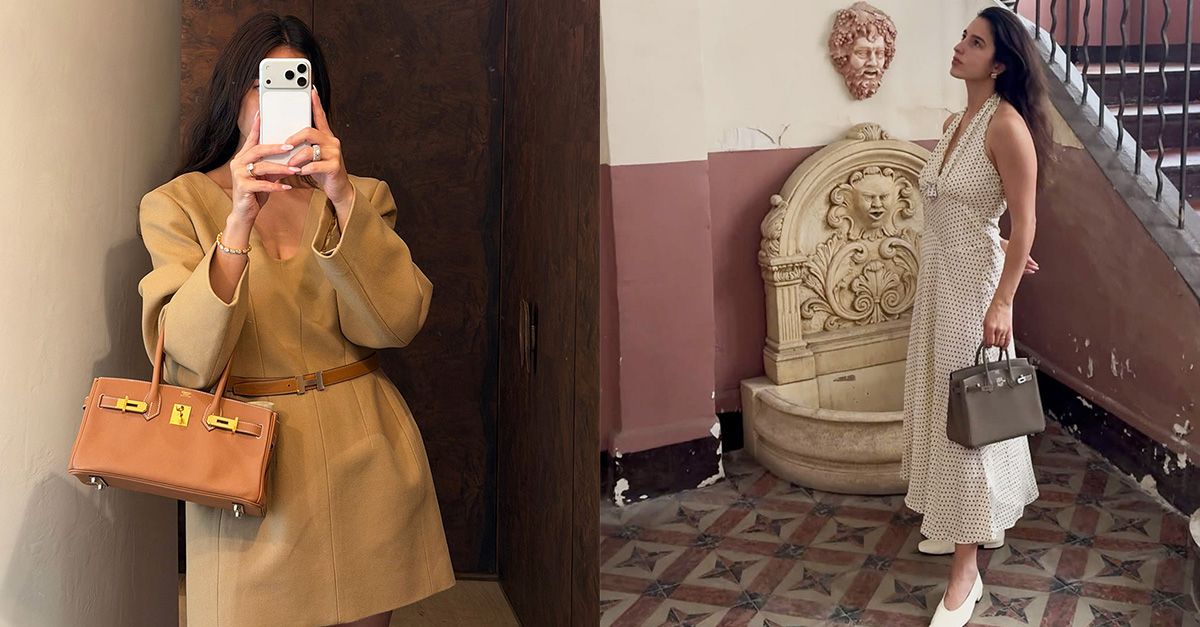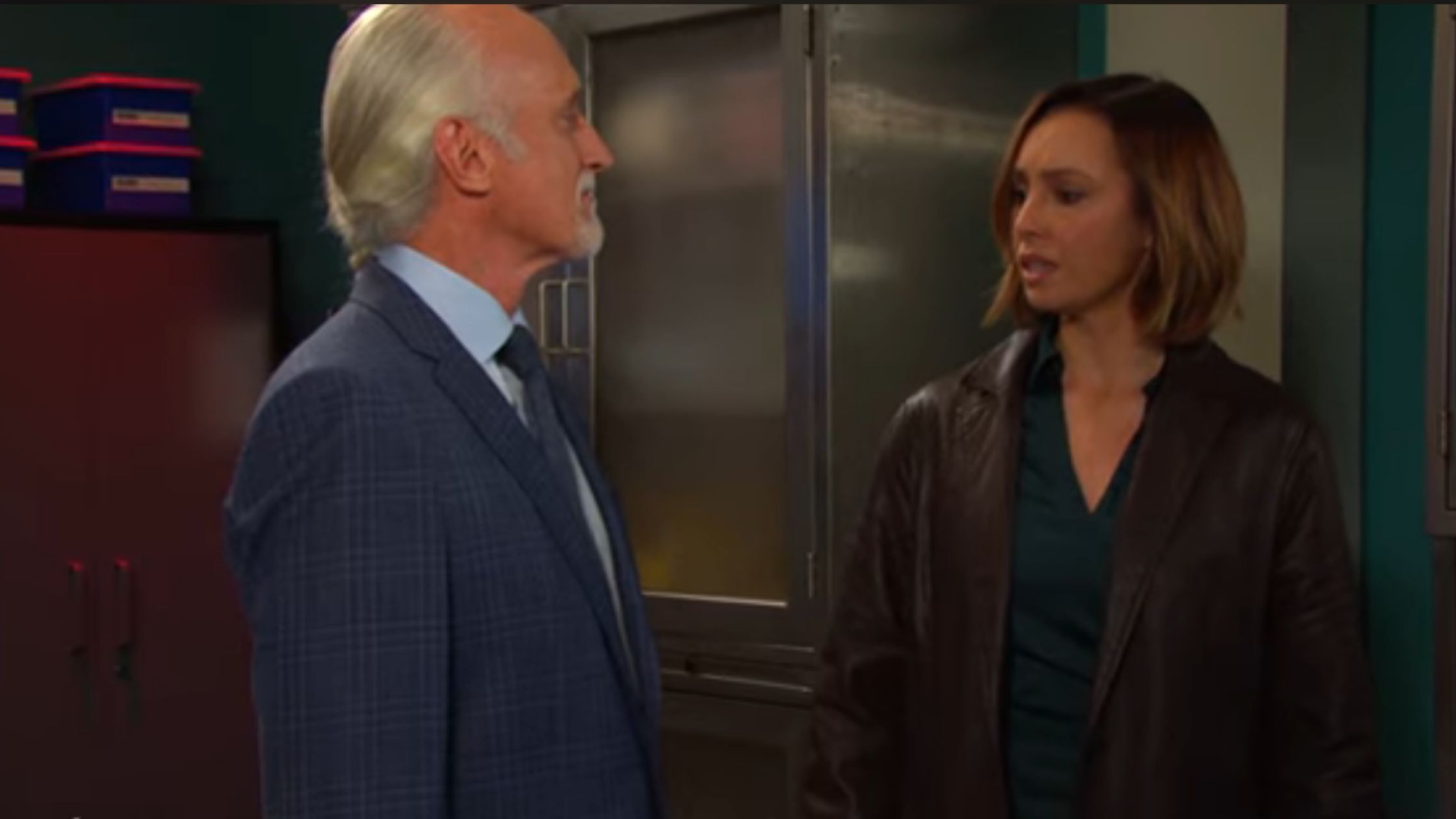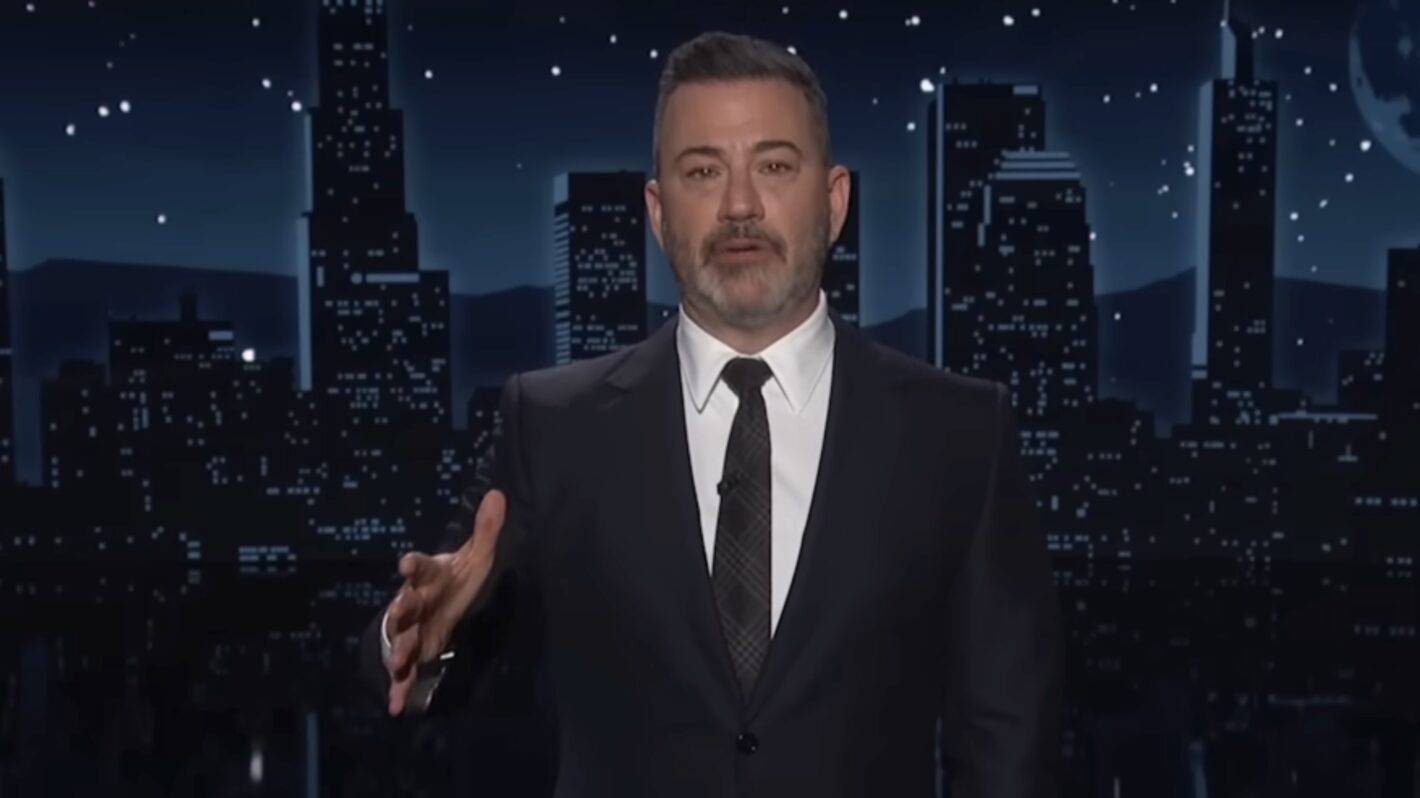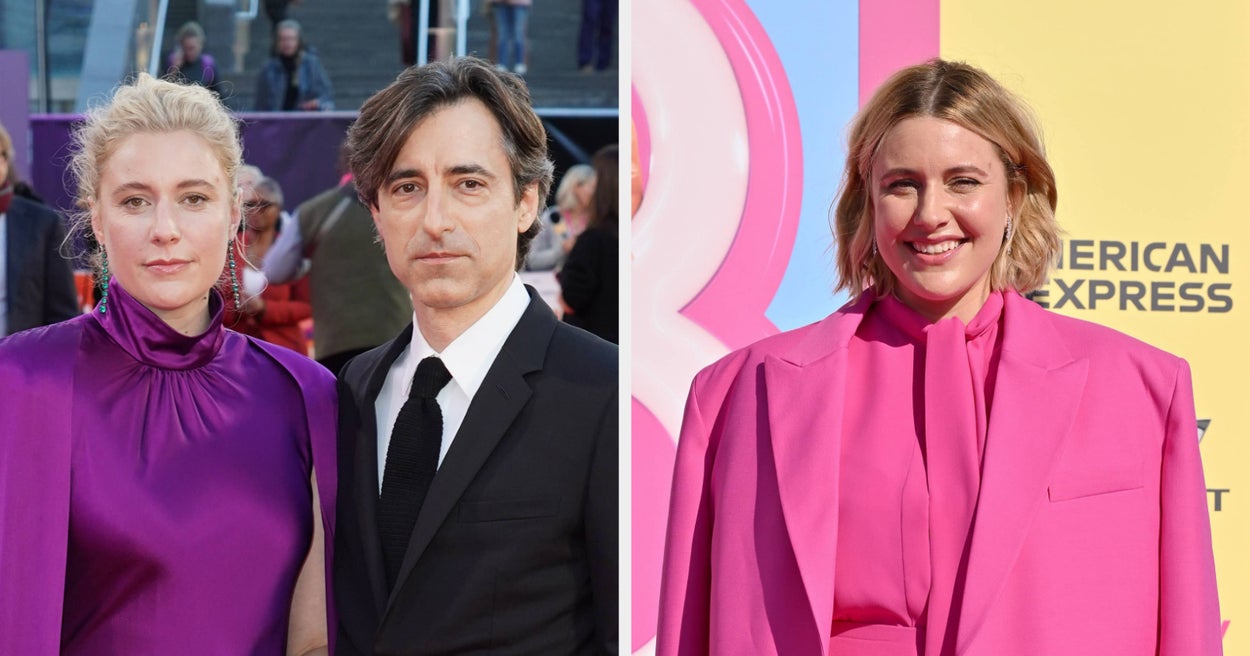Unlock the Editor’s Digest for free
Roula Khalaf, Editor of the FT, selects her favourite stories in this weekly newsletter.
Ecuador is facing a tide of condemnation over a late-night raid on the Mexican embassy in its capital Quito that saw the capture of the Andean nation’s former vice-president and triggered a diplomatic crisis between the two countries.
The US, EU and a host of countries in Latin America joined the growing chorus of criticism aimed at Ecuador over the raid on Friday, an act almost unheard-of even in military dictatorships.
The foreign ministry in Madrid called it a “violation” of the 1961 Vienna Convention on Diplomatic Relations, while its Brazilian counterpart said the move “must be subject to strong repudiation, whatever the justification for its implementation”.
Leftwing leaders in Colombia, Cuba, Venezuela and Honduras also condemned Ecuador’s conduct, with Nicaragua following Mexico in breaking off diplomatic relations with Quito. Conservative governments in Argentina and Uruguay also rebuked Ecuador.
President Daniel Noboa’s hardline conservative government ordered officers into the embassy premises on Friday night after Mexico’s leftwing administration granted asylum to Jorge Glas, who served as Ecuador’s vice-president from 2013-18 and was later sentenced to 14 years in jail.
Images from the raid showed police forcing their way into the embassy as heavily armed troops stood guard outside. Videos also showed two police jeeps leaving the diplomatic premises with sirens wailing, as Mexico’s acting ambassador Roberto Canseco shouted: “No, no, this is a violation, this is not possible!” before he was wrestled to the ground by police.
“This is totally unacceptable,” Canseco told reporters afterwards. “They searched the Mexican embassy in Quito like criminals.”

Andrés Manuel López Obrador, Mexican president, accused Ecuador of a “flagrant violation of international law and Mexican sovereignty” and said he had ordered the immediate suspension of diplomatic relations.
Martha Bárcena, Mexico’s former ambassador to Washington, said the incident was a reflection of a region profoundly divided along ideological lines.
“It’s the growing ideologisation of foreign policy across Latin America,” she said. “These verbal fights, verbal darts are leading to the abandonment of diplomacy and culminate in these events we haven’t seen in Latin America in many years.”
Noboa’s government said in a statement that the “immunities and privileges given to the diplomatic mission which was sheltering Jorge Glas had been abused” and that his political asylum was “contrary to the legal framework”.
“We are not going to allow any criminal to remain in impunity,” the statement added.
Glas has now been transferred to a maximum-security jail in Guayaquil, Ecuador’s major port city, the country’s prison agency said.
The dispute between Ecuador and Mexico had been brewing since Glas sought refuge in the embassy in December. He fled there after prosecutors published chat messages suggesting that he had been released early from his lengthy jail terms in 2022 because a leading Ecuadorean drug trafficker had bribed a judge.
López Obrador infuriated Ecuador’s government this week by suggesting that Noboa’s election victory last year against a leftwing opponent was thanks to his opponent being unfairly blamed for the murder of another candidate during the campaign.
The Mexican president, like several other leftwing Latin American leaders, has remained loyal to Ecuador’s long-ruling former president Rafael Correa. The authoritarian leftist leader fled to Belgium in 2018 after a warrant was issued for his arrest on corruption charges. Glas was Correa’s vice-president.
The events have reminded many observers of WikiLeaks founder Julian Assange, to whom Correa granted asylum and sheltered at the Ecuadorean embassy in London to avoid arrest over rape charges in Sweden. After Correa left office, the new Ecuadorean government accused Assange of violating his asylum conditions, revoked his status and allowed UK police to enter the embassy and arrest him.
Noboa, 36, is enjoying soaring popularity among Ecuadoreans and strong support from Washington after declaring an all-out war on drug trafficking. The scion of a wealthy banana-exporting family, he used emergency powers to put troops on the streets and sent the army to take control of gang-ridden jails, using tactics partly borrowed from El Salvador’s strongman leader Nayib Bukele.
A former haven between the big cocaine-producing nations of Colombia and Peru, Ecuador has suffered spiralling violence and soaring murders in recent years as drug cartels have turned it into an important trans-shipment point for cocaine destined for Europe.

